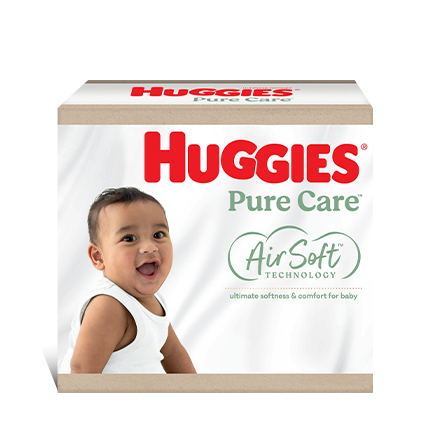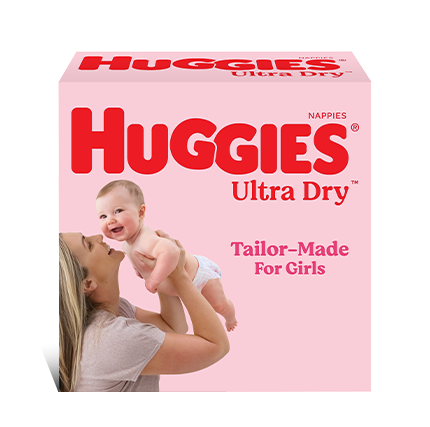Of all the minor complications of pregnancy, vaginal thrush has to be one of the most common. In fact, most women have had at least one episode of vaginal thrush in their lives long before they are pregnant. Thrush is also known by its other names vaginal candidiasis, moniliasis or just plain old thrush. It is more common in pregnancy than in any other time. But be reassured, there is no evidence that thrush in pregnancy is harmful to the developing baby.
The surge of hormones, alterations in the vaginal Ph, change in diet and general metabolic changes during pregnancy means that thrush is experienced by more women.
Most women are pretty familiar with the symptoms of vaginal thrush. At the first symptom they are able to recognise it and are keen to seek treatment so that it can go away. Thrush isn t so much painful as very irritating.
Women who have thrush four or more times in a year are said to have recurrent thrush. Alternative treatment options may be necessary if, during your pregnancy, you find it does not clear up with conventional treatment.
What causes vaginal thrush?
- A yeast organism is responsible for causing thrush; this is known as Candida Albicans. Candida is a simple, one celled organism which is easy to get and not so easily to clear up. Most women have thrush cells known as Candida spp lying dormant on their skin and within their vagina. These are kept in check by good bacteria. If the conditions are right, such as being run down, being pregnant or taking antibiotics, this can cause the healthy numbers of Candida cells to multiply and develop into a full blown thrush infection.
- Once you've had a thrush infection, it can lie dormant in your body, just waiting for the right conditions to flare up again. During pregnancy, the Ph of the vagina becomes more alkaline and less acidic. Essentially, it becomes more sugary and the glycogen in the vaginal cells becomes a food source for the yeast. This is why women who have uncontrolled diabetes tend to have more thrush infections.
- An increased vaginal discharge often occurs during pregnancy, leading to a permanently moist environment. Thrush thrives in warm, moist conditions and the vagina is a perfect environment for it to multiply. Hormonal changes during pregnancy, in particular a high level of oestrogen also contribute.
- Women who have a weakened immune system or who are taking steroid medication or having chemotherapy can also be at a greater risk of getting vaginal thrush.
What are the symptoms of vaginal thrush?
- A vaginal discharge which is white and has a cottage cheese like consistency.
- Intense vaginal itching which makes it hard to concentrate on anything else.
- Vaginal soreness and irritation.
- Pain, scalding and burning when weeing, especially if there is swelling of the vaginal tissues and labia.
Will thrush harm my baby?
There is no evidence which suggests that thrush will harm an unborn baby. But if a mother has thrush when she gives birth, the baby can get it as well. Babies who develop thrush have white plaques or patches in their mouth and sometimes a nappy rash. They can also contract thrush if they are breastfeeding and their mother has thrush on her nipples.
Will having thrush mean I can t get pregnant?
No, thrush does not affect fertility or increase your chances of having pregnancy complications. It is limited to the mucousal areas of the vagina and the surrounding skin.
Will Vaginal Thrush Harm my Baby?
No, thrush will not harm your baby. Occasionally, babies can develop oral thrush if they are born vaginally and their mother has a thrush infection at the time as the birth. Babies can also develop a nappy rash which is caused by thrush. Both of these conditions are treatable and respond very quickly to specific creams and drops.
Thrush does not migrate up into the uterus and it is generally restricted to the vaginal and surrounding tissues.
Remember
Having vaginal thrush is not a sign of poor hygiene or being unclean. It is an incredibly common condition, which, once recognised, is easily treated and managed. Speak with your maternity care provider and/or pharmacist about treatments. Anti-fungal creams and vaginal pessaries are the most common treatment options. Your partner may need to be treated as well because reinfection between sexual partners is common.
Last Published* May, 2024
*Please note that the published date may not be the same as the date that the content was created and that information above may have changed since.





















